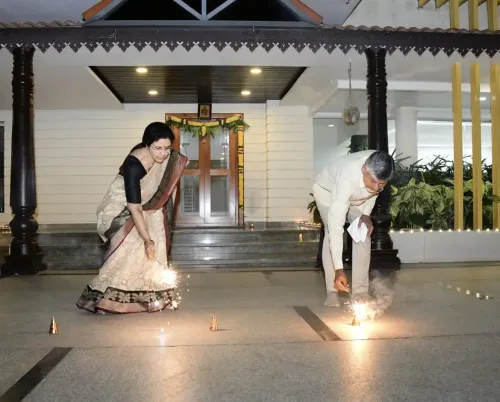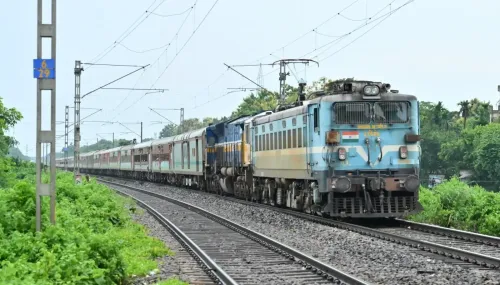Why Did the Madras HC Quash Denial of Kidney Transplant?

Synopsis
Key Takeaways
- The Madras High Court challenged bureaucratic norms.
- Friendship cannot be documented.
- The Act protects against exploitation in organ donation.
- Critical assessment by committees is essential.
- Emotional connections are vital in organ transplants.
Chennai, Sep 3 (NationPress) The Madras High Court has raised questions about the requirement for documentation to prove personal friendship, overturning a decision made by the Authorisation Committee that denied consent for a kidney transplant between two men who identified as family friends.
A bench led by Justice N. Anand Venkatesh remarked that the committee's refusal was based solely on a report from the Erode Collector, which indicated that donor C. Ganesan of Erode and recipient V. Periasamy of Thanjavur had failed to provide documentary proof of their friendship.
“It is baffling how family friends could validate their relationship through paperwork. Emotions play a crucial role in friendships, and these cannot be quantified through documentation,” the judge stated in his ruling, deeming the Collector’s rationale as flawed.
He emphasized that the Transplantation of Human Organs and Tissues Act, 1994, does not prohibit transplants between non-related individuals, but rather requires that such donations stem from love and affection, devoid of financial incentives or coercion.
The court highlighted that the primary aim of the law is to safeguard vulnerable individuals and prevent the legitimization of organ trading under the guise of donation.
Justice Venkatesh pointed out that in instances involving non-relatives, it is not solely the responsibility of the donor and recipient to prove the absence of commercial interests. While they may claim that the donation is sincere, it is the obligation of the Authorisation Committee to thoroughly investigate the circumstances and determine whether the donation is genuinely voluntary or motivated by financial gain. “In this case, the committee has not critically assessed the situation and has instead relied on the Collector’s report, which undermines the decision,” the court stated, nullifying the committee’s order from June 27, 2025, that had denied the transplant permission. The judge concluded by instructing the Authorisation Committee to provide both parties with a new opportunity to present their case and to render a reasoned decision within four weeks, strictly adhering to legal standards and independent evaluation.








